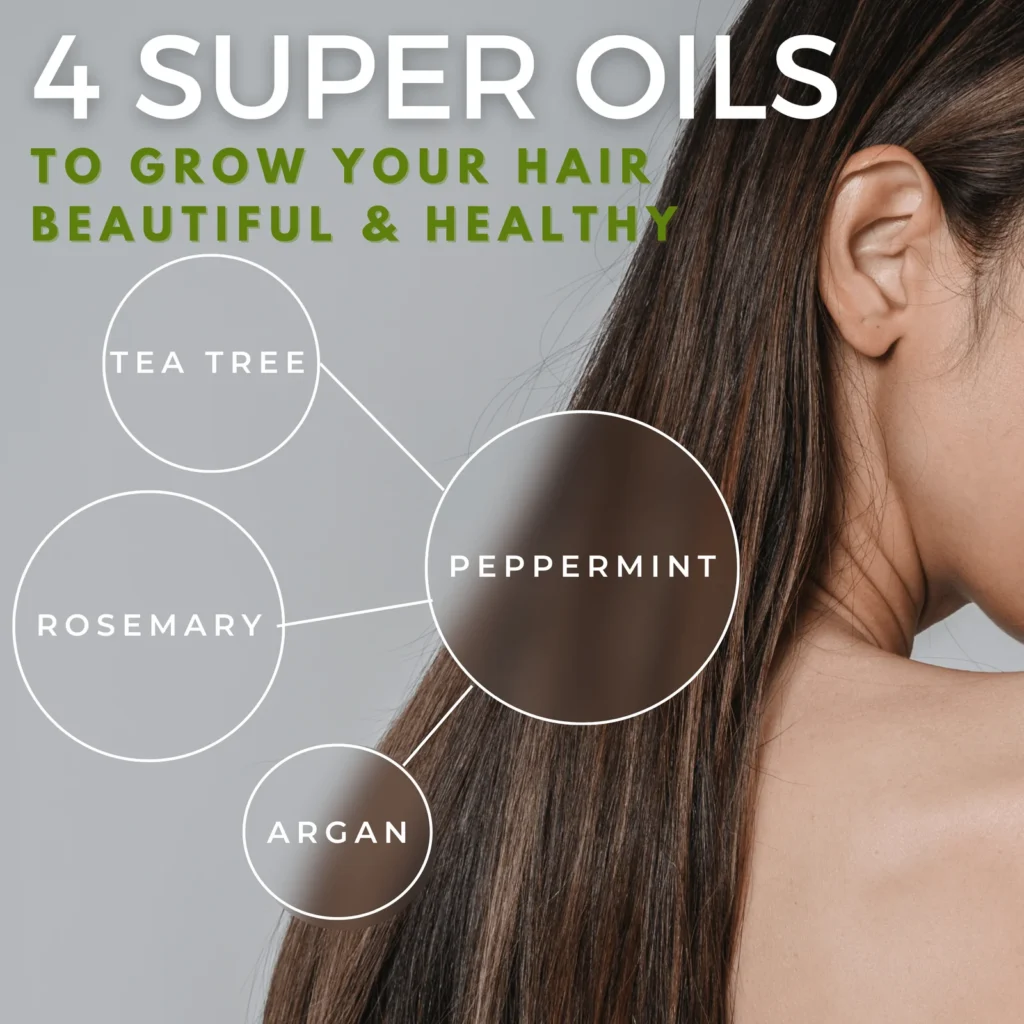Herbal hair care has gained immense popularity over the years, thanks to its natural, chemical-free approach to maintaining healthy hair. With the increasing demand for sustainable and holistic beauty solutions, herbal remedies have become a go-to choice for many. However, navigating the world of herbal hair care can be daunting for beginners. Here, we’ll answer some of the most frequently asked questions about herbal hair care, all in a quick and simple manner.
1. What is Herbal Hair Care?
Herbal hair care involves using plant-based ingredients such as herbs, oils, and natural extracts to cleanse, nourish, and treat the hair and scalp. Commonly used herbs include aloe vera, hibiscus, neem, shikakai, and bhringraj, which are known for their nourishing and therapeutic properties. These remedies are free from synthetic chemicals, making them a safer alternative for long-term use.
2. What Are the Benefits of Herbal Hair Care?
Herbal hair care offers numerous benefits, including:
- Strengthening Hair: Ingredients like bhringraj and fenugreek strengthen hair follicles, reducing breakage.
- Promoting Hair Growth: Herbs like amla and rosemary stimulate the scalp, encouraging hair growth.
- Improving Scalp Health: Neem and tea tree oil combat dandruff and other scalp issues.
- Reducing Chemical Damage: By avoiding harsh sulfates and parabens, herbal products help maintain the natural integrity of your hair.
3. Are Herbal Products Safe for All Hair Types?
Yes, most herbal hair products are safe for all hair types because they are free from harsh chemicals. However, individual reactions can vary. It’s important to patch-test any new product to check for allergies or sensitivities. For specific needs, certain herbs work better with particular hair types. For example:
- Oily Hair: Use shikakai and lemon-based treatments.
- Dry Hair: Opt for aloe vera, coconut oil, or shea butter.
- Curly Hair: Hibiscus and castor oil provide moisture and define curls.
4. How Can I Incorporate Herbal Remedies Into My Hair Care Routine?
Start simple by replacing one conventional product with an herbal alternative. For instance, swap your regular shampoo for a herbal shampoo infused with reetha (soapnut) or shikakai. You can also create DIY hair masks using ingredients like yogurt, honey, and powdered herbs. Consistency is key, so make it a habit to use herbal treatments regularly.
5. Do Herbal Remedies Take Longer to Show Results?
Yes, herbal hair care often requires patience. Unlike chemical-laden products that offer immediate but short-term results, herbal treatments work gradually to improve the overall health of your hair. It may take weeks or even months to notice significant changes, but the results are more sustainable.
6. Are Herbal Hair Care Products Expensive?
Herbal products range from budget-friendly to premium options. DIY solutions using herbs and oils can be cost-effective. Additionally, the long-term benefits and reduced need for frequent treatments make herbal care more economical in the long run.
7. Can Herbal Remedies Replace All Conventional Hair Care Products?
While herbal remedies can replace most conventional products, they may not fully replicate certain functions, such as styling or holding products. For optimal results, use herbal care as the foundation of your routine while integrating select conventional products when necessary.
8. Do Herbal Remedies Work for Hair Loss?
Yes, several herbs are highly effective in combating hair loss. Bhringraj, amla, and onion juice are known to stimulate hair growth by improving scalp circulation and strengthening hair roots. However, results depend on the cause of hair loss. If it’s due to hormonal or medical conditions, consult a dermatologist.
9. How Do I Choose the Right Herbal Product?
Look for products with clear ingredient lists and certifications for organic or natural content. Avoid those with hidden chemicals or artificial fragrances. Research the properties of different herbs to determine which ones address your specific concerns.
10. Are Herbal Hair Dyes Effective?
Herbal hair dyes, such as henna and indigo, are effective alternatives to chemical dyes. They not only provide natural color but also strengthen and condition the hair. However, their application can be more time-consuming, and the color options may be limited compared to synthetic dyes.
11. How Do I Prevent Build-Up From Herbal Products?
Over time, herbal powders and oils can leave residue on the scalp and hair. To prevent build-up:
- Use a gentle, sulfate-free shampoo to cleanse the scalp.
- Rinse hair thoroughly after applying herbal masks or oils.
- Use an apple cider vinegar rinse occasionally to remove excess residue.
12. Can Herbal Products Be Used Daily?
Some herbal products, like mild shampoos or leave-in oils, can be used daily. However, treatments like hair masks or deep conditioning should be limited to once or twice a week. Overuse of certain herbs may lead to dryness or irritation, so moderation is key.
13. Are DIY Herbal Remedies Better Than Store-Bought Products?
DIY remedies offer the advantage of customization and control over ingredients. However, they may lack the convenience and shelf life of store-bought products. Choose based on your lifestyle and the complexity of the remedy you’re looking to try.
14. What Are Some Must-Try Herbal Treatments?
Here are a few easy and effective herbal treatments:
- Aloe Vera Mask: Hydrates and soothes the scalp.
- Fenugreek Paste: Strengthens hair and promotes growth.
- Hibiscus Rinse: Adds shine and softness.
- Neem Oil: Fights dandruff and scalp infections.
15. Are Herbal Remedies Eco-Friendly?
Yes, herbal remedies are generally eco-friendly as they rely on natural, biodegradable ingredients. Many products also come in sustainable packaging, making them a greener choice for your hair care routine.
Conclusion
Herbal hair care is a holistic, safe, and effective way to maintain healthy hair. While it requires a bit of patience and research, the long-term benefits for your hair and overall well-being are well worth it. By integrating herbal remedies into your routine, you can enjoy the natural beauty of your hair without relying on harmful chemicals.
Ready to embark on your herbal hair care journey? Start with small changes and let nature do the rest!

